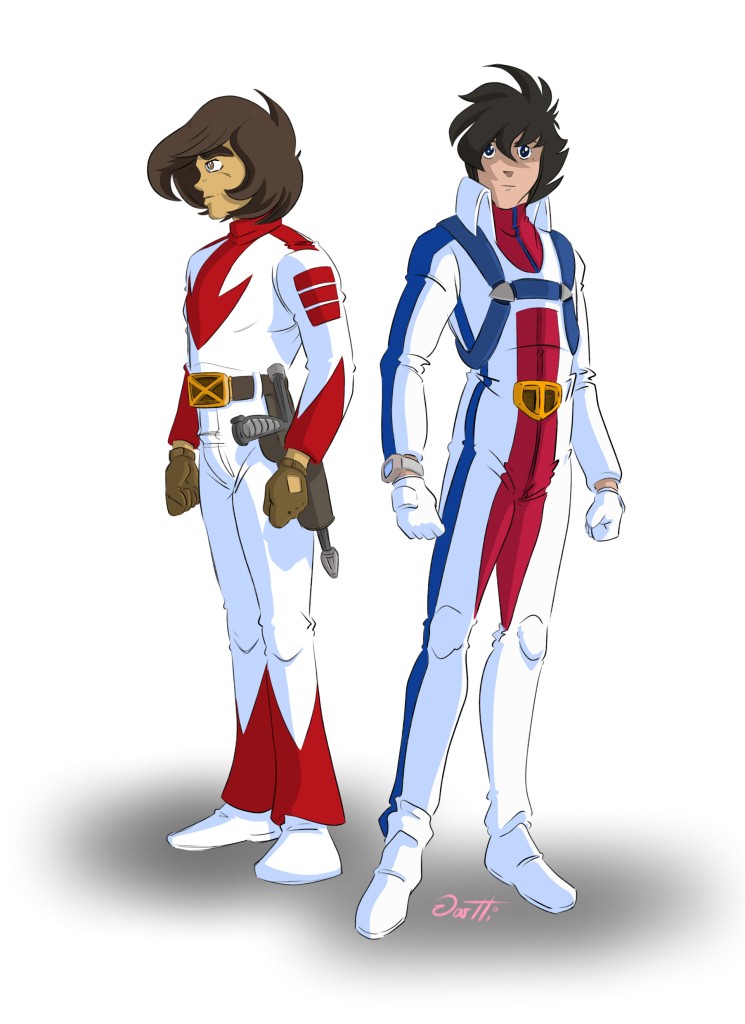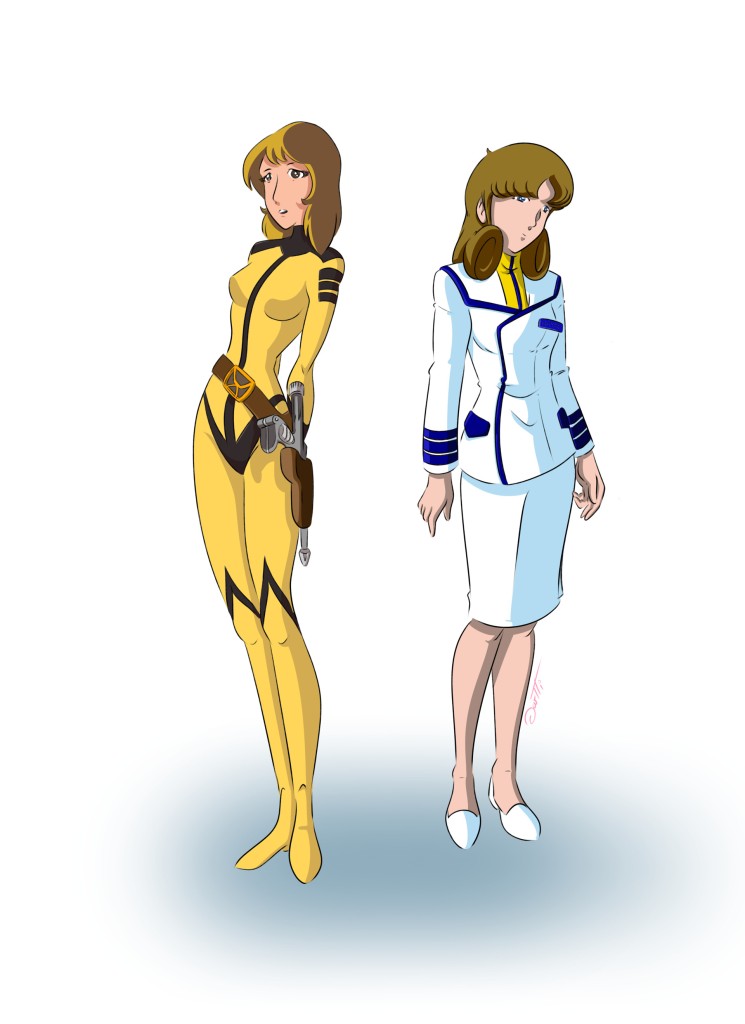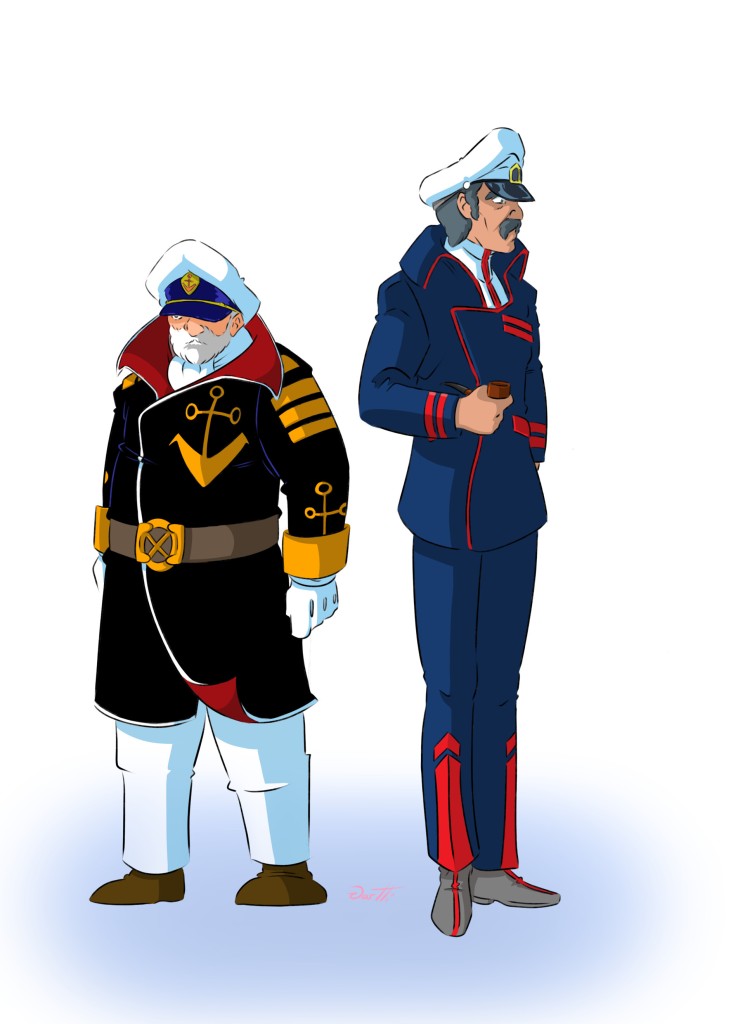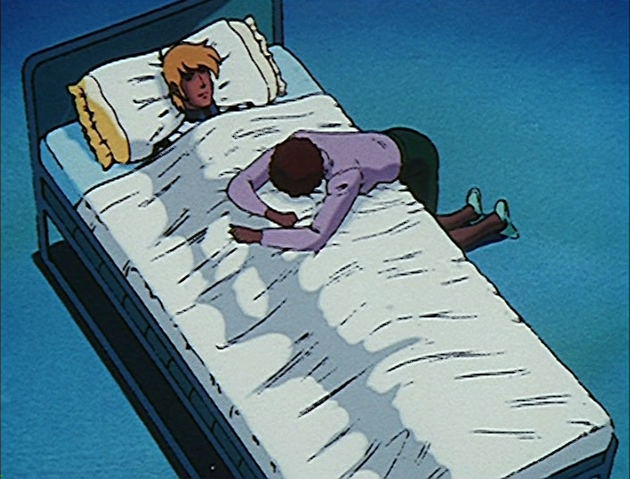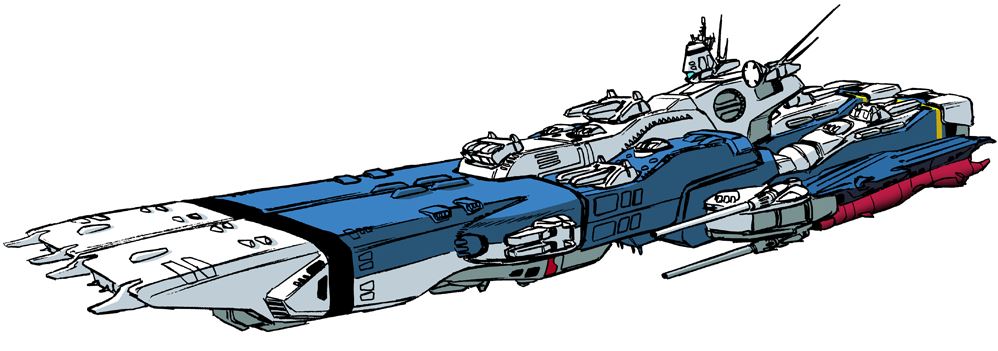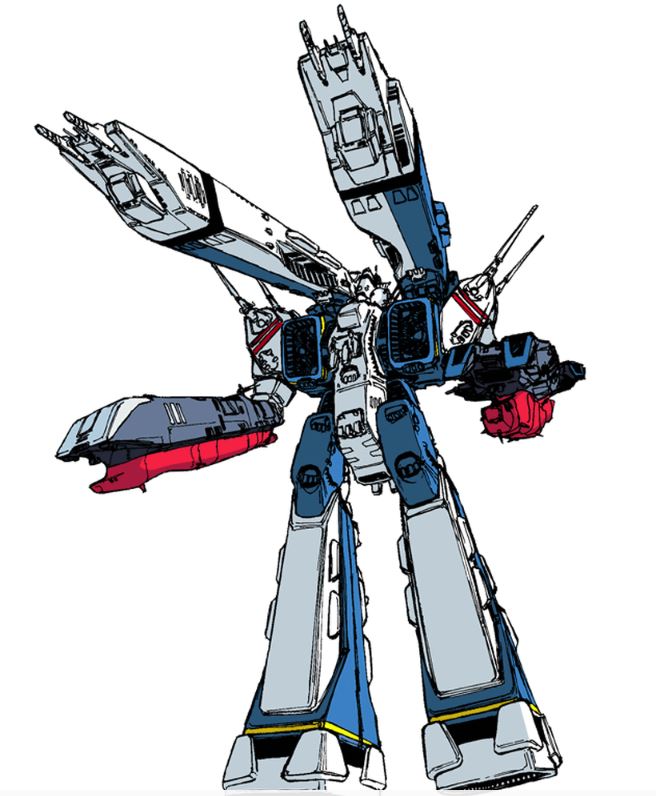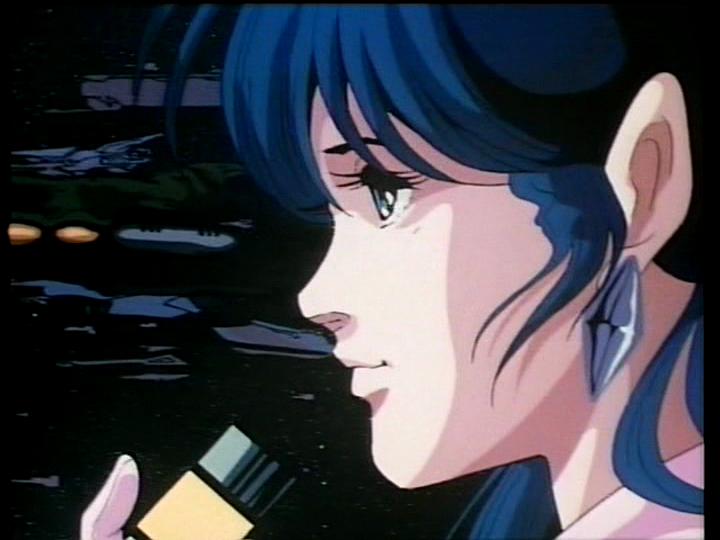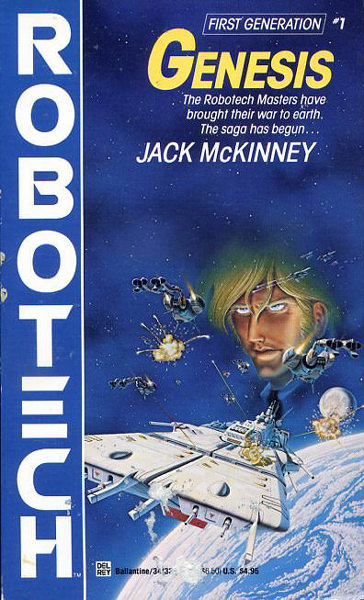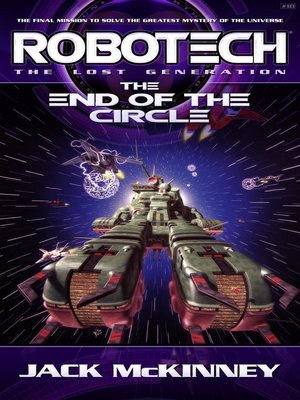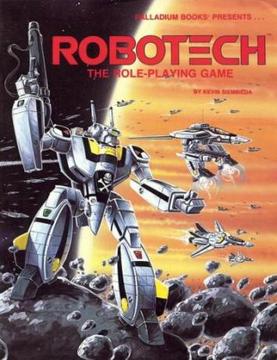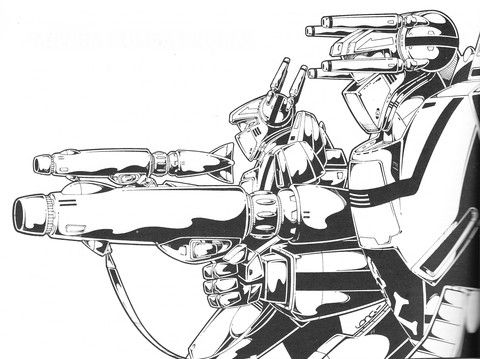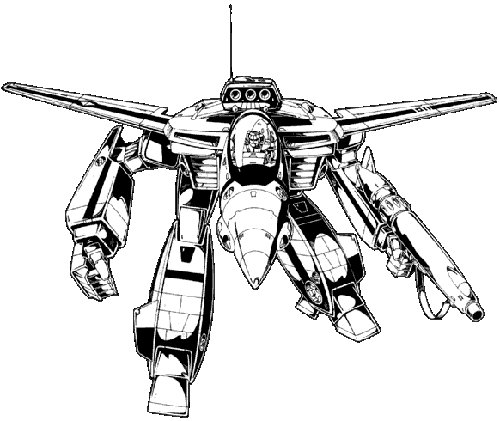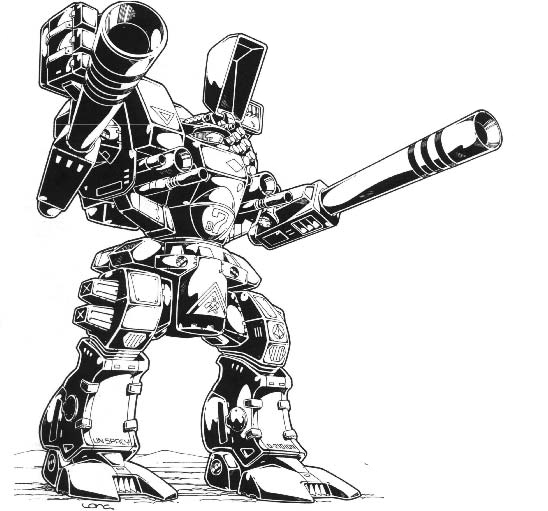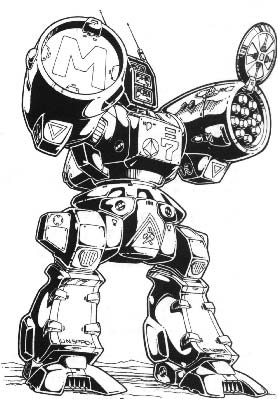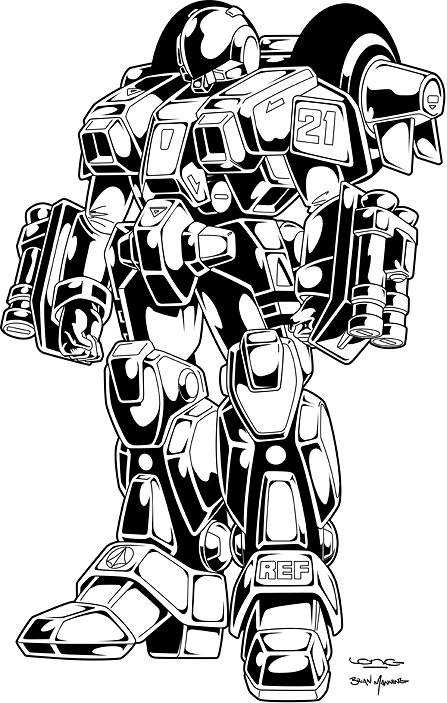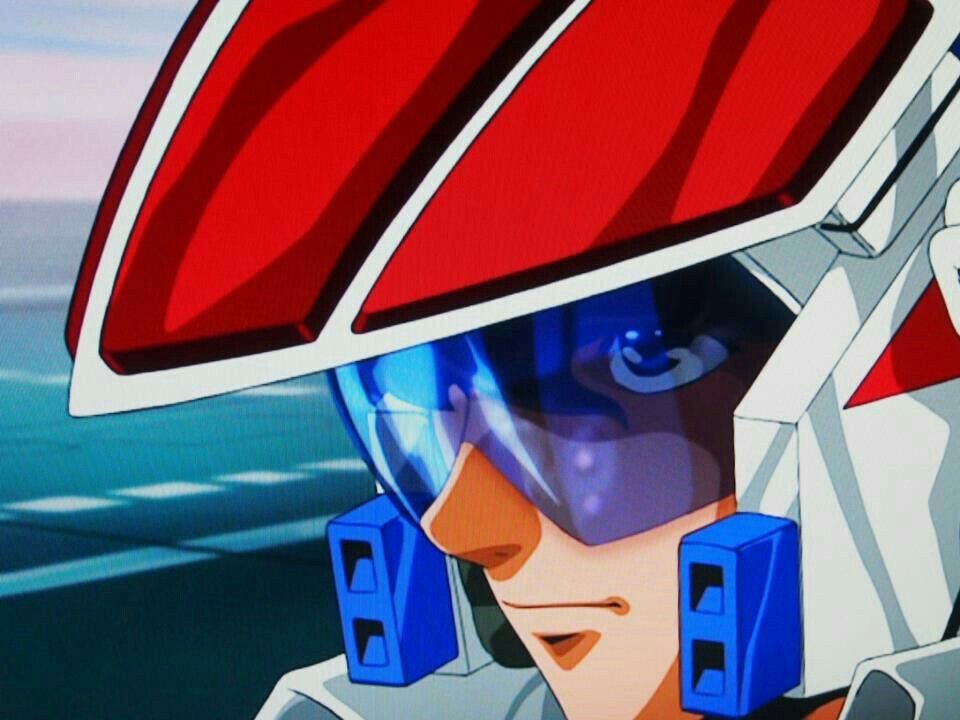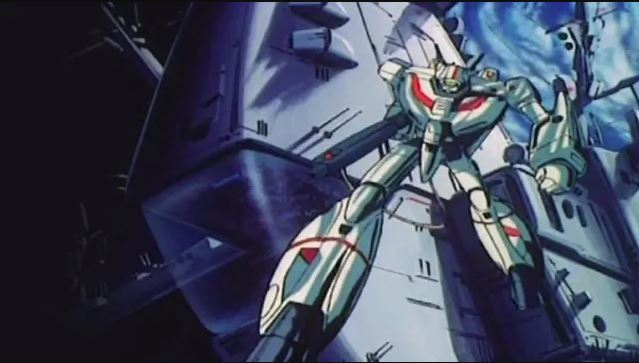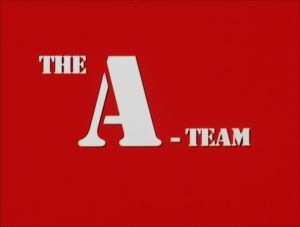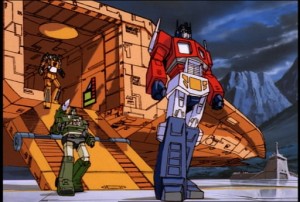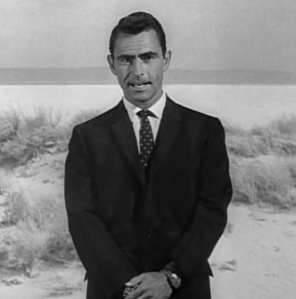Some of my earliest memories of watching anime are those with my dad. We would watch Speed Racer and Star Blazers in the small little apartment where we lived. Star Blazers, the rebranded and redubbed Spacebattleship Yamato, was perhaps my first brush with military science fiction, but I was too little at the time to really take it all in (that would come later). A few years later, Robotech came into my life thanks to the local channel running it in the mornings.
Transforming robots were all the rage then, and so Harmony Gold had imported three unrelated anime series from Japan and linked them together, starting with the Super Dimension Fortress Macross, then Super Dimension Cavalry Southern Cross, and finally rounding out the storyline with Genesis Climber MOSPEADA.
While anime purists might balk at my love for this admittedly cobbled together franchise, as a kid in a rural part of Texas, I didn’t make that distinction. I just knew that when the credits rolled, I had just enough time to walk to school and not be late. Transformers might have been my afternoon show of choice, but Robotech started my day. Often I would be thinking about the episode that morning instead of paying attention in math or music class.
The show has left a lasting mark on me, so today I thought I would go through the various ways it affected me back then as well as today.
The Story:
I was immediately struck by the similarities between Robotech and Star Blazers. Both featured a supership with an ultimate, spinal-mount weapon, squadrons of specialty fighters, and a protagonist with wild brown hair. Both series featured the forces of Earth fighting against humanoid blue-skinned aliens who fought in green techno-organic ships. Even the military uniforms had a similar look to them.
Of course, that’s largely where the similarities ended. Star Blazers was about saving Earth by retrieving a cure from a distant galaxy against all odds; Robotech, at least the Macross portion of the story, was about being separated from home and not being welcome once they returned.
I found the narrative of the story compelling. It didn’t pull its punches the way that many contemporary American cartoons like Transformers and G.I. Joe did at the time. In a story about war, people died, and not just background characters. Roy Fokker definitely had main character energy, but he died by losing too much blood. Ben Dixon, one of Rick Hunter’s wingmen, died the very next episode. Most of the Earth gets scoured in a mass bombardment by the Zentraedi armada. With one exception, all of the bridge crew of the SDF-1 are killed in the final episode of the Macross saga. There are some really grim moments that underscored just how serious the situation and the stakes were to the characters.
It felt like there were real consequences in that universe, real risks to life and limb, which I think was the first time I had a cartoon give me that when I was old enough to understand it. Any time I’m writing something about armed conflict, whether in sci-fi or fantasy setting, I immediately think back to how I can capture how I felt when I experienced that for the first time.
The Music:
I’ve always thought that any animated show needs three things to really stand out: A great story, great characters brought to life with a stellar voice cast, and a memorable score. Robotech definitely had all of that, but it really excelled at the last of those three. The musical score and the songs in Robotech were incredible, thanks to composers Arlon Ober and Ulpio Minucci. Many of them have places in the playlists I use to write today. If it’s been a while since you’ve heard them, or aren’t familiar with them at all, let me give you just a taste of what I mean:
- Robotech Anthem: The main title music that also plays over various parts of the story. Magical.
- Reflections: A very slow, somber version of Reba West’s “We Will Win.” It’s hauntingly beautiful.
- Battlestations: This has a place of honor on my playlist entitled “Scramble Fighters.”
- Zentraedi Theme: Another one of the “things have gone from bad to worse” tracks.
- Desolation: This one gets played in the aftermath of tragedy. So, a lot.
- Rick Hunter’s Theme: I really love this one. This is “the hero is on a roll” track.
There are so many corkers on the Robotech soundtrack, but I have to give one special props. I played this one just after I wrote the final line of my first novel, The Backwards Mask. It’s now become a tradition I’ve maintained that, when I complete a manuscript, I play this song: Mission Accomplished.
The Novels:
Beyond just the episodes of the animated series, I was able to experience the story of Robotech through a series of short novels by Jack McKinney (a pen name of authors James Luceno and Brian Daley) released by Del Rey books. Often, these books were a scene-for-scene novelization of the episodes.
They could have been a straight adaptation of the show, but they went well beyond that. There were chapter insets that gave a little more explanation of the in-universe lore. They also attempted to fill in some of the cracks and plot holes that the animated series never addressed. They act as almost a deeper behind-the-scenes retelling of the story that gives us the thoughts and motivations of the main characters.
But again, they didn’t stop there. We also got the Sentinel novels, which took the unaired scripts from the Robotech sequel series and gave us stories in novel form that have never been made into episodes. Finally, we had an answer to what Admirals Rick Hunter and Lisa Hayes-Hunter got up to with the SDF-3 at the Robotech Masters’ homeworld. The series culminated with End of the Circle, which brings all three generations of Robotech heroes together for one last giant-sized adventure.
We also got the “Lost Generation” books which filled in the gaps, like the Malcontent Uprising, the Robotech Masters before they encountered the Armies of the Southern Cross, and a prelude to the devastating Invid invasion of Earth.
All told, the novels spoiled us with lots of extras we wouldn’t have found otherwise. I read them all, back-to-back, a few years ago and they hold up. It helps that I’m invested in the characters and setting, but they are a master class in tight writing to accurately describe both what we saw on the screen and all the things we didn’t.
The Game:
As I’ve stated elsewhere, Dungeons & Dragons was not the first TTRPG I played. I first entered that world on the Palladium/RIFTS/TMNT side of things. Well, Palladium games also had the Robotech license at the time. I collected all of the books I could find. While some of the information in them wound up being inaccurate or conflated, at the time it was the best resource I had for a deep dive into the mecha, the storyline, and the characters. The art by Kevin Long still stands in my mind as some of the best game art in any TTRPG supplement ever.
I had watched the series, then read about them, but here was my chance to step inside the universe with an original character. Unfortunately, I never got to play as an ace veritech pilot or destroid jockey. I did attempt to run a game in junior high, but it only went so far. My understanding of the material was still not there. Later on, in college, I wrote up this long campaign bible about how I could start a group of characters off at the launching day of the SDF-1 on Macross island and run them through adventures while the main story played out in the background. Then, once the REF came along, the characters would have a choice to either follow Rick and Lisa on their expedition into outer space or remain with the Southern Cross to defend planet Earth.
At that point, I was cross-referencing and collating everything from the animated series and the novels into one whole. I unfortunately never got to run it, as it would certainly take years of real-world time to give it a proper go. Still, I’m hoping that I’m able to do it one day. It’s definitely one for my bucket list.
The Legacy:
As I sit here in my writing office, I can look to the top of my bookshelves and see a generic beige veritech fighter in Gerwalk/Guardian mode. Behind that is Miriya Sterling’s distinctive red veritech in Battaloid mode. A bit behind that is a much larger veritech tank with an action figure-sized Dana Sterling in her Southern Cross armor sitting on its shoulder. A little farther down the way, I have M.A.C. II “Monster” next to some smaller ExoFrames-era destroids, as well as a bigger Excalibur and Gladiator. My G1 Jetfire is also up there, which is essentially a VF-1S model “Valkyrie” veritech. They are a part of my chorus of muses in amongst the Starrions, Transformers, and two incarnations of Voltron (lion and vehicle).
Whenever I’m stuck on a problem or suffering from a bout of writer’s block, I can look up there and they are a reminder of the stories that influenced me early on. Beyond that, they are a personal reminder not to give up, no matter how hopeless or against the odds the situation at hand may seem.
I know that nostalgia is something that only gets stronger as one gets older, and it’s no different with me. I find, though, that the lessons that Robotech taught me about storytelling, facing adversity, and life in general aren’t just things that I reminisce about in distant memories of my childhood, but rather ones I find myself using pretty often in the present. And if that’s not a legacy, folks, I don’t know what is.
Thanks for reading!

